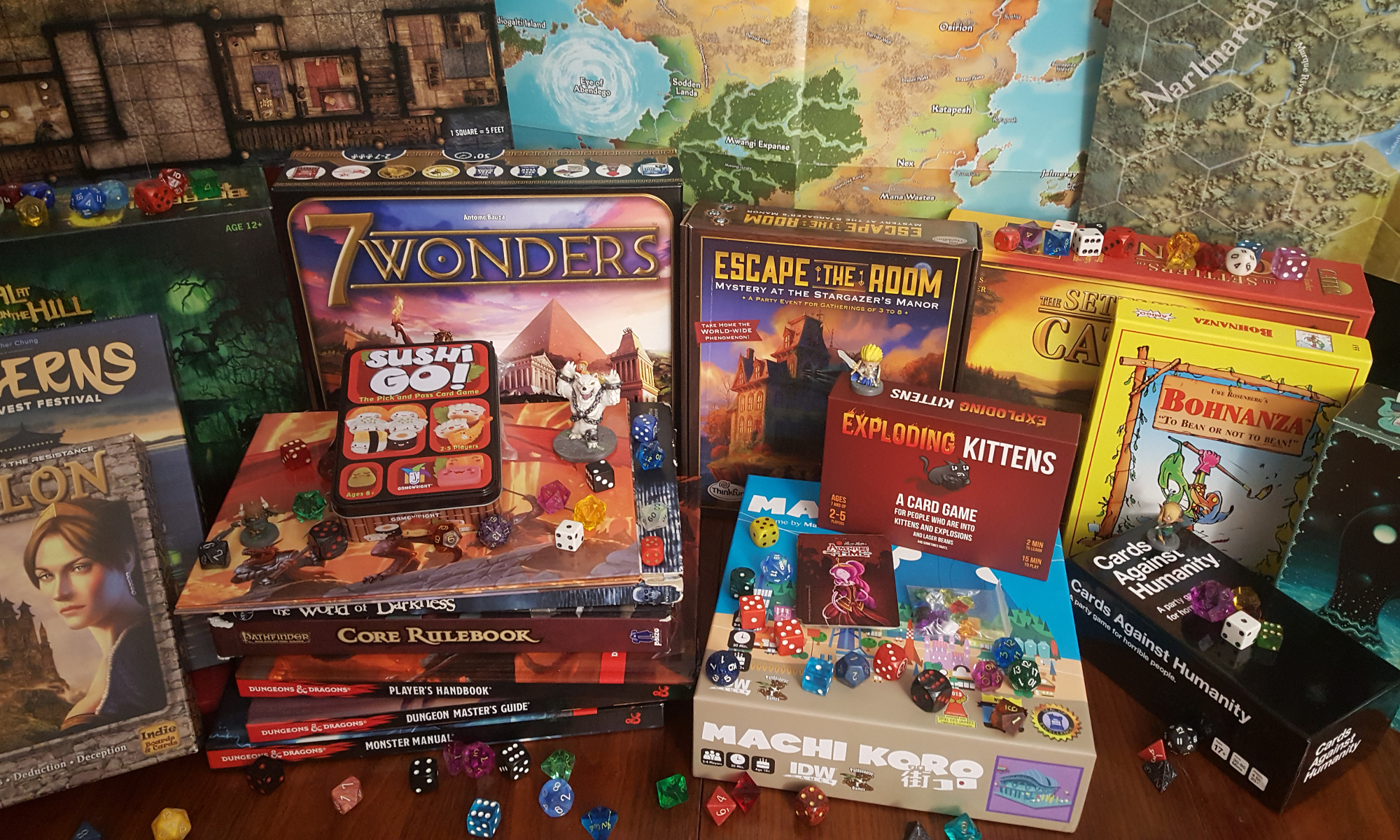Welcome to the 2nd season of Save Vs. Rant! Today’s episode is all about Virtual Tabletops, and, to a lesser degree, the broader topic of gaming over the internet.
In today’s episode, we focused on a few specific virtual tabletops that we felt stood head and shoulders above the rest, a position that we developed largely through experimentation under actual roleplaying conditions.
Roll20 is an incredible service. Not only does it run in a standard web browser and feature officially sanctioned content from some of the biggest names in roleplaying, but in addition to its fee based subscription and content, it features an incredible variety of free material, and for the typical user, a full paid account is not necessary. Even so, the paid services are well worth the subscription fee, provided you think your group would benefit from them.
MapTool by rptools is my personal favorite solution. Not only is it completely free and cross platform, but as open source software, it’s freely available and even customizable. Not only does it feature a robust scripting system (though with a higher learning curve than the one provided with Roll20), but, if you have the skills and free time, you could modify the software yourself. On top of that, it has an active community with some frankly amazing content.
During the episode, I briefly touched on the fact that I have a strong preference for decentralized open source software over services like Roll20. Facebook is the perfect platform as a reference to explain my reservations. The obvious objection is that you don’t control the data you give to a service, leading to the potential for abuse. Furthermore, you don’t own digital properties attached to a service, meaning that if there service goes belly up or changes its terms, you are left with nothing. Finally, you don’t have control over the creative direction of the website. If you’ve ever complained about an update to Twitter, Facebook or any other service that has changed or removed functionality you liked, you know exactly what I’m talking about. With open source software like MapTool, if an update changes the software in a way you don’t like, just don’t update – the old versions of the software are still available for those with preferences for them. Simple. Not an option with a service like Roll20. Further, if they lose funding or have a catastrophic server crash, the service is gone and with it your hard work.
Honestly, the perfect solution had always been to game in person, but that’s simply not always feasible. Despite being an imperfect solution, virtual tabletops are a phenomenal tool for the busy gaming group that can’t always get together in person.

